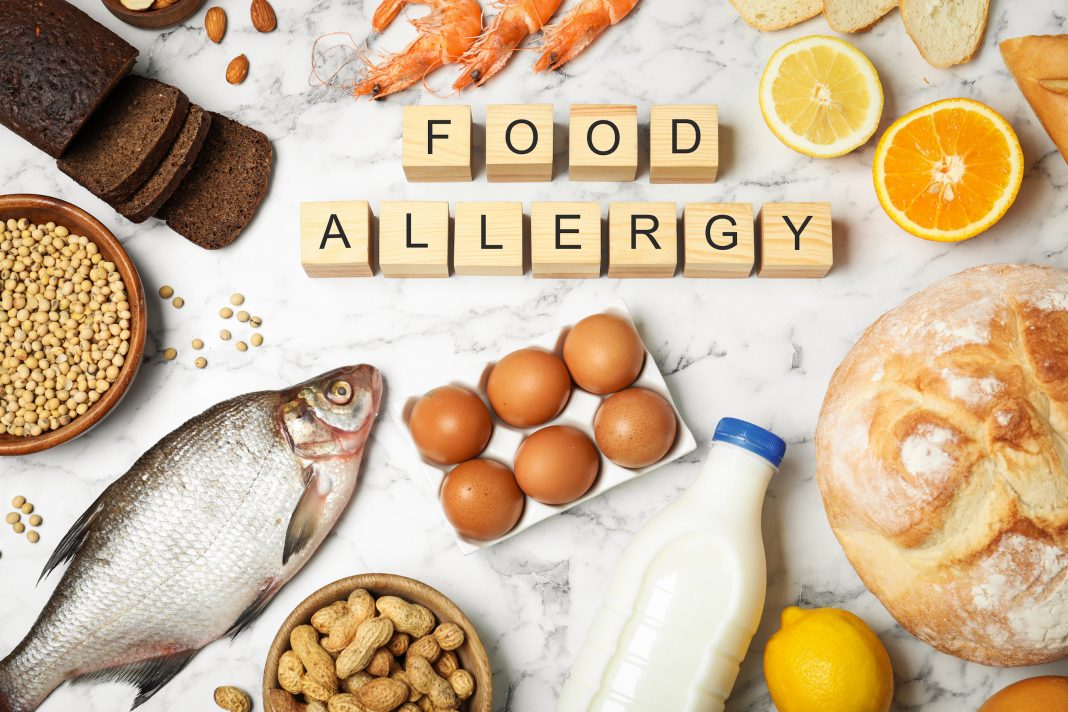Allergies are one of the main causes of death in the world. It can arise early in life or may arise at any age. Extreme allergies are rare but can still occur suddenly. Here are some of the foodstuff and objects that you should avoid if you are prone to having allergies of any kind.
1. Milk
Milk is the most common allergen that affects newborns worldwide. Milk allergy occurs when the body’s immune system reacts differently to a specific protein like the casein and the whey proteins, alpha-lactalbumin, and beta-lactoglobulin.
This usually results in various symptoms that include stomach upsets, skin rashes, and breathing difficulties. It is best that immediate medical attention is given and a milk alternative should be given.
2. Peanuts
Peanut is a legume that is in the same family as soybeans, peas, and lentils. They do not necessarily have to be consumed to create an allergic reaction.
Peanut proteins in the air are enough to cause allergic symptoms such as itchy skin with welts, nausea, runny nose, and even anaphylaxis. Seek immediate medical attention as soon as you encounter one of these symptoms.
3. Wheat
A wheat allergy happens when your body overreacts to wheat upon consumption of food that contains it or even upon inhaling wheat flour. The only cure for this allergy is to avoid wheat and other wheat products altogether. This type of allergy is often mistaken for Celiac disease, which is an entirely different case.
Celiac disease is a disease of the small intestine wherein it is unable to digest gluten and in turn, damages the lining of the small intestines. Symptoms of wheat allergy are hives, stomach cramping, nausea, and anaphylaxis.
4. Fish
Finned fish such as tuna, halibut, and salmon is one of the main fish allergens. This type of allergy does not necessarily mean that you are also allergic to shellfish and other seafood.
Some of the symptoms associated with fish allergy are asthma, headaches, nausea, stomach cramps, skin rash, and anaphylaxis. It is best that you avoid fish and other fish products to prevent such an occurrence.
5. Shellfish
Shellfish allergy happens when your immune system reacts to the proteins of certain marine animals. This mostly comprises shrimps, crabs, lobsters, oysters, and octopuses among many others. This is the most dangerous type of allergy for it usually sends the victim to the hospital for treatment.
Symptoms include vomiting, stomach cramps, hives all over the body, wheezing, coughing, trouble swallowing, swelling of the tongue, and anaphylaxis. It is better to avoid shellfish to avoid adverse reactions that can be deadly.
6. Tree nuts
Tree nuts may include almonds, walnuts, hazelnuts, cashews, pistachios, and Brazil nuts. This type of allergy tends to be a lifetime agony for sufferers. It is also advised that tree nuts should be avoided in the diet because an allergy to a specific type of tree nut makes you allergic to other varieties as well.
Beware of other sources of peanuts like cereals, crackers, barbeque sauces, energy bars, and others, make sure to read your food labels at all times.
7. Egg
This is the type of allergy that can be outgrown over the coming years. This usually occurs when the body reacts to certain proteins in eggs upon consumption or even after touching them.
Some of the symptoms include respiratory problems, stomach upset, hives, or a skin rash and it can even lead to anaphylaxis, although this condition is quite rare in egg allergies. The best treatment is to avoid eating eggs and look for egg alternatives instead.
8. Medicines
Allergies to medicines are also a common occurrence. This usually involves antibiotics, penicillins, and other drugs too. Reactions to the drug occur within the hour after taking them or it may also occur hours after ingestion.
Make sure that you inform your doctor if you experience symptoms associated with drug allergies such as skin rash, difficulty in breathing, anxiety, fainting, dizziness, and abdominal problems.
9. Insect bites
The most common insects that can cause an allergic reaction are wasps, fire ants, bumble bees, hornets, and yellow jackets. The reactions they cause can range from mild to life-threatening and that usually involves symptoms such as local swelling and redness, nausea, low-grade fever, difficulty in breathing, wheezing, and difficulty in swallowing.
These symptoms require an expert eye and so, access to medical care is necessary for situations such as this.
10. Meat
Meat allergies can develop anytime. This is caused by a Lone Star tick bite that causes people to develop an allergy to red meat like beef and pork, chicken, duck, and turkey.
Some of the symptoms include skin rashes, hives, stuffy or runny nose, headaches, sneezing, asthma, and anaphylaxis, which can be fatal if left untreated.
If you are prone to getting allergies, it is best to avoid these things. They are not worth losing your life over. So, take extra precautions in what you eat and in everything you touch. It is better to be safe than sorry.
